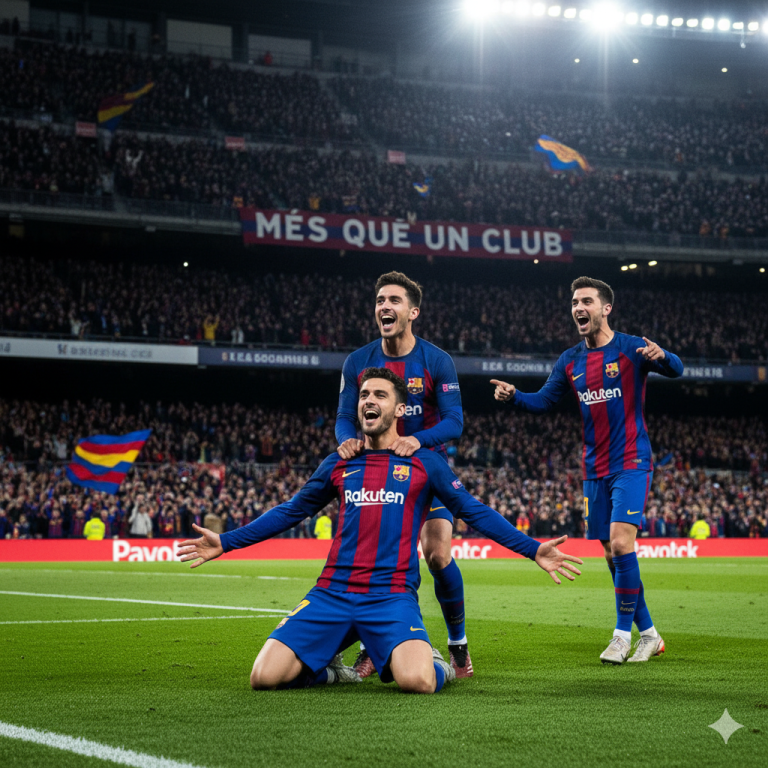
Manchester United Takeover: The Latest Developments and What They Mean
The potential takeover of Manchester United has been the subject of intense speculation and intrigue, with various high-profile figures and entities expressing interest in acquiring one of the world’s most storied football clubs. Recent developments have added layers of complexity to the narrative, involving British billionaire Sir Jim Ratcliffe, Saudi Arabian businessman Turki Al-Sheikh, and reported interest from the United Arab Emirates.
Who Is Interested in Manchester United?
Since the Glazer family’s acquisition of Manchester United in 2005, the club’s ownership has been a topic of contention among fans. The Glazers, who also own the NFL’s Tampa Bay Buccaneers, have faced criticism for leveraging substantial debt on the club and prioritizing commercial success over on-field achievements.
**Sir Jim Ratcliffe**, one of the UK’s wealthiest individuals and a lifelong Manchester United fan, has been frequently mentioned in connection with a potential takeover. Ratcliffe, who owns the INEOS Group, has previously expressed interest in buying the club but has reportedly been deterred by the Glazers’ high asking price. Recent reports suggest that Ratcliffe remains interested, though he has not publicly confirmed any formal bid.
Meanwhile, **Turki Al-Sheikh**, a prominent Saudi businessman with close ties to the Saudi royal family, has also surfaced in the conversation. Al-Sheikh’s previous involvement in European football through ownership of Spanish club UD Almería and his role as an advisor in Saudi Arabia’s sports ministry have fueled speculation about his potential interest.
Adding to the intrigue, reports have emerged of possible interest from entities in the **United Arab Emirates**. The UAE has a strong presence in football, notably through the ownership of Manchester City by the Abu Dhabi United Group. However, specific parties from the UAE linked to a potential Manchester United bid have not been publicly identified.
What Are ‘Drag-Along’ Rights and How Do They Affect the Takeover?
A significant point of discussion in the takeover saga is the concept of “drag-along” rights. These rights can compel minority shareholders to sell their shares if a majority shareholder decides to sell their stake. In Manchester United’s case, this could simplify the acquisition process if the Glazers, who own a controlling stake, decide to sell.
The existence of such rights could potentially accelerate the sale process by preventing minority shareholders from blocking a deal. However, the specifics of these rights and their applicability to Manchester United’s shares remain unclear, leading to speculation in the financial and sports communities.
Why Is the Takeover in the Spotlight Now?
The resurgence of takeover talks coincides with Manchester United’s struggles on the pitch and growing dissatisfaction among fans. The club has not won the Premier League since 2013, and recent performances have been inconsistent. Fans have repeatedly voiced their disapproval of the Glazers’ ownership, demanding change.
Furthermore, the financial landscape of football has shifted dramatically, with clubs seeking new revenue streams and investment opportunities. The potential for a lucrative deal is heightened by Manchester United’s global brand and commercial appeal, making it an attractive asset for wealthy investors.
How Have Stakeholders Responded?
Reactions to the takeover rumors have been mixed. Manchester United fans are divided, with some welcoming the prospect of new ownership that could lead to increased investment in the team and infrastructure. Others are cautious, fearing that new owners might prioritize financial gain over the club’s heritage and sporting success.
Financial analysts have also weighed in, noting that the club’s valuation could be a stumbling block. The Glazers reportedly value Manchester United at several billion pounds, which may deter potential buyers unless they see a clear path to increasing the club’s profitability.
What Lies Ahead for Manchester United?
As the situation unfolds, Manchester United’s future remains uncertain. The club continues to perform under the watchful eye of the football world, and any developments in ownership will likely have a significant impact on its direction both on and off the pitch.
In the meantime, fans and stakeholders alike are left to speculate and hope for a resolution that aligns with their vision for the club. Whether a change in ownership will lead to a return to glory remains to be seen, but the takeover saga has undoubtedly added another chapter to Manchester United’s storied history.
FAQ
**Q: Who currently owns Manchester United?**
A: Manchester United is currently owned by the Glazer family, who acquired the club in 2005.
**Q: Why is Sir Jim Ratcliffe interested in buying Manchester United?**
A: Sir Jim Ratcliffe, a lifelong fan of the club, has previously expressed interest due to his passion for sports and the potential to enhance Manchester United’s success.
**Q: What are ‘drag-along’ rights in the context of a takeover?**
A: “Drag-along” rights allow majority shareholders to force minority shareholders to sell their shares if the majority decides to sell their stake, potentially simplifying the acquisition process.
**Q: What impact have the takeover rumors had on the club’s performance and operations?**
A: While the rumors have not directly affected on-field performance, they have increased scrutiny and pressure on the club’s management and ownership to address fan concerns and improve results.




